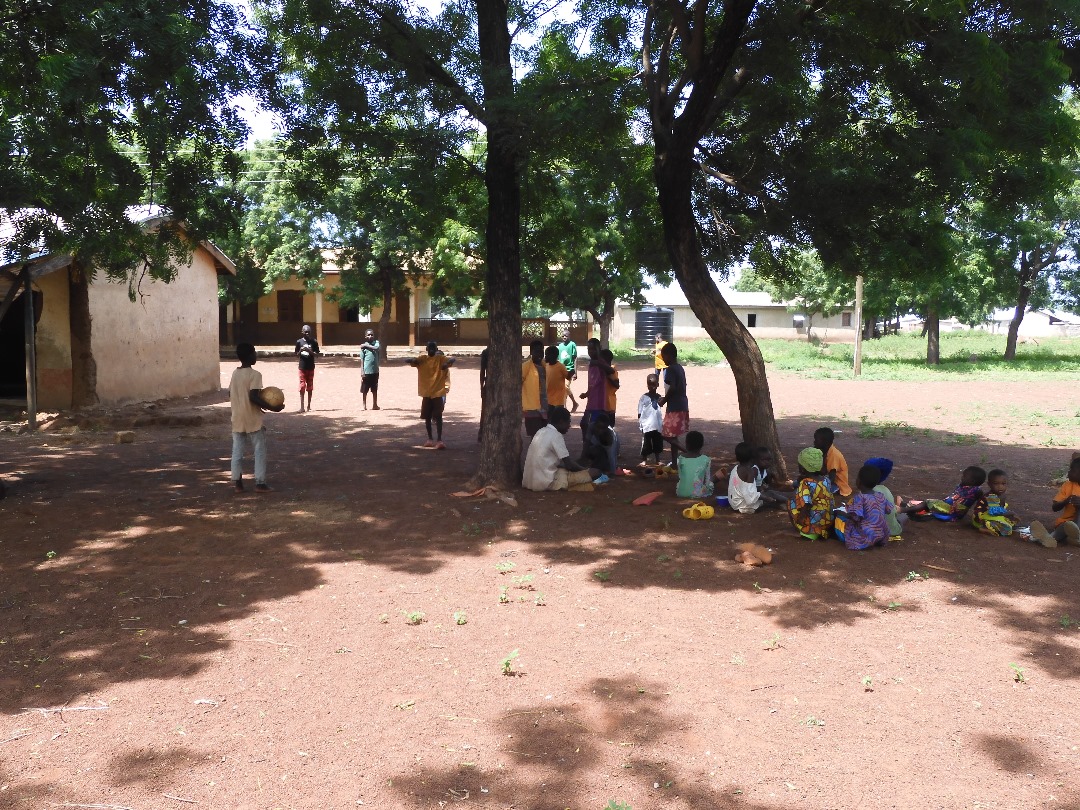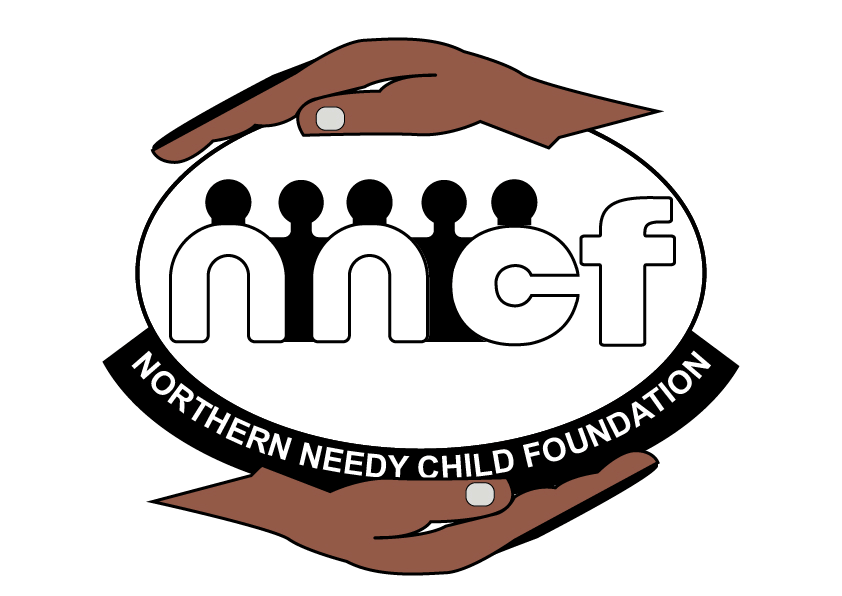
How we started
Northern Needy Child Foundation (NNCF), is a charity organisation jointly founded by British and Ghanaian philanthropists with an aim to help aspiring children to develop and improve their skills and talents in education and training. The NNCF was the brainchild of Ghanaian/British anthropologist Dr Abdulai Haruna Dason, sound engineer Mr Samuel Paul Wise IV, and educationist and musician Ms Nicky Jackson. They live in the United Kingdom (UK), but have strong links and contacts in Ghana.
In 2013, Dr Dason, Mr Samuel Wise and Ms Nicky Jackson visited Ghana and travelled to Dr Dason’s hometown of Tolon-Wayamba, near Tamale. They stayed in the village and familiarised themselves with the social lives of its people and how they made sense of the world around them. The village has a population of about 500 people, and comprises 50 compounds with thatch-roof huts. The people are mostly subsistence farmers. Their farm produce consists of seasonal crops such as yam, rice and maize. Some farmers keep small herds of cattle and goats. Wayamba is a big village surrounded by a cluster of villages. It has a school for primary and tertiary education. During their stay in Wayamba, the team of Dr Dason, Mr Samuel Wise and Ms Nicky Jackson met with the chief and elders of the village, and also had conversations with men, women and children. Mr Samuel Wise and Ms Nicky Jackson (popularly referred to as Sam and Nicky respectively) have keen interests in ornithology and wherever they go, they indulge in their ornithological preoccupations. The children eagerly took them to bird roosting and feeding sites where Sam and Nicky watched for and studied resident local and migratory bird species. The ample and relaxed atmosphere during the birdwatching expeditions was conducive to free-flowing conversations that the children used to talk about family, household poverty, school, work, and their aspirations. Furthermore, the team took interest in farming practices, which were the hub of daily activities in the village. In particular, the cultivation of yams seeded in mounds rather than in raised beds, was a new experience that fascinated Sam and Nicky, and necessitated further visits to farms. They acquainted themselves with farming tasks, roles and divisions of labour undertaken by men, women and children on the farms.
The team made some observations when the stay in Wayamba ended:
- Many children didn’t go to school
- Children enrolled at school attended sporadically
- Children’s school dropout rate was significantly high
- Children were put to work on farms, herding cattle, hawking in markets or as domestic help
The team observed that in conversations, parents and guardians cited poverty as the main reason for not enrolling or for withdrawing their children from school. They said that, as subsistence farmers living from hand to mouth, they didn’t have the means to meet the costs of school uniform, school fees, text books, school dinners, and school trips. They said that if they were given help, they would certainly keep their children at school to learn and become teachers, nurses, doctors, and accountants. In addition, the team’s observations noted that children of the village were polite, respectful and intelligent; most of them had a good grasp of basic English, even though they lacked formal education. The team’s observations also noted that in conversations, the children’s expressions were littered with iterations of loss, of missing school, of missing school mates, of missing school football and games, and of desire to go back to school. When the team asked the children what they would do if they were allowed to go back to school, they said invariably that they would learn hard and work hard and get rich, to be doctors, nurses, teachers, policemen, etc. Their hopes were high and aspirations boundless. The members of the team returned to the regional capital Tamale, where they met enterprising Ghanaian philanthropists and educationists to discuss their findings and concerns about the state of rural education that was failing talented children who had great potential to succeed and become nation builders. Moving forward, Ms Mariama Dason, entrepreneur and restaurant owner, and the Regional Director of Education Mr Mohammed Haroon took up the challenge to work and support initiatives that led to the founding of the Northern Needy Child Foundation (NNCF). Mr Haroon designed the logo of NNCF as well as providing an office for the organisation. And Ms Mariama Dason became the organisation’s first Executive Director to run its operations and projects. The UK-based team of NNCF provided financial support to help the organisation set up. In the first mile-stone achievement of NNCF, the organisation supported the education of Wayamba twins Hafiz and Nafisah at Branfi International School, Tamale. Hafiz and Nafisah became the best pupils of their class and proceeded to Senior High School. Hafiz is in his last year at T.I. Ahamadiya Senior High School. And Nafisah is also in her last year at Memfi Girls Senior High, Aburi. The remarkably successful outcomes of the education of Hafiz and Nafisah bear testimony to team observations that noted that when children are given support, they can benefit from the transformational power of education to become tomorrow’s nation builders.

